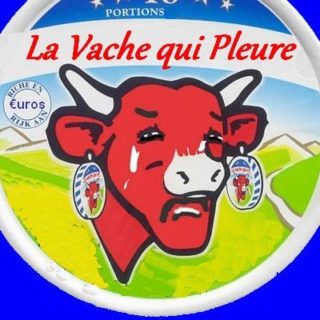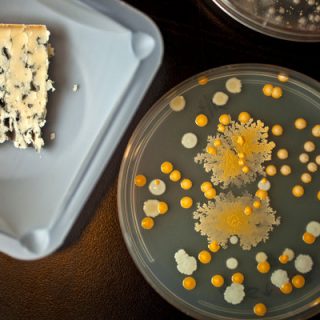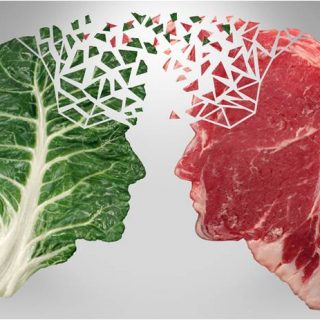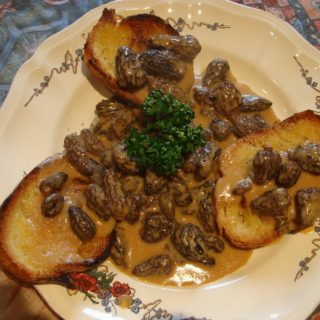 To some, food allergies seem like fabricated cries for attention. To others, they pose a dangerous health threat. Food allergies are bound up with so many personal and ideological concerns that it is difficult to determine what is medical and what is myth.
To some, food allergies seem like fabricated cries for attention. To others, they pose a dangerous health threat. Food allergies are bound up with so many personal and ideological concerns that it is difficult to determine what is medical and what is myth.
Another Person’s Poison parses the political, economic, cultural, and genuine health factors of a phenomenon that dominates our interactions with others and our understanding of ourselves. For most of the twentieth century, food allergies were considered a fad or junk science. While many physicians and clinicians argued that certain foods could cause a range of chronic problems, from asthma and eczema to migraines and hyperactivity, others believed that allergies were psychosomatic.
‘This book traces the trajectory of this debate and its effect on public-health policy and the production, manufacture, and consumption of food. Are rising allergy rates purely the result of effective lobbying and a booming industry built on self-diagnosis and expensive remedies? Or should physicians become more flexible in their approach to food allergies and more careful in their diagnoses? Exploring the issue from scientific, political, economic, social, and patient-centered perspectives, this book is the first to engage fully with the history of a major modern affliction, illuminating society’s troubled relationship with food, disease, nature, and the creation of medical knowledge.
Contents :
Introduction: “Witchcraft, a fad, or a racket?”
1. Food Allergy Before Allergy
2. Anaphylaxis, Allergy, and the Food Factor in Disease
3. Strangest of All Maladies
4. Panic? Or the Pantry?
5. An Immunological Explosion?
6. The Problem with Peanuts
Conclusion











